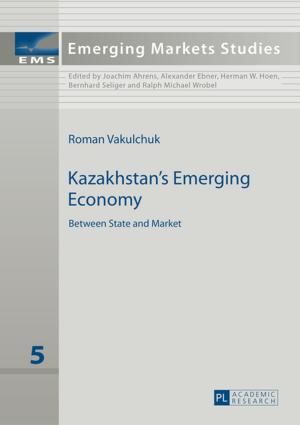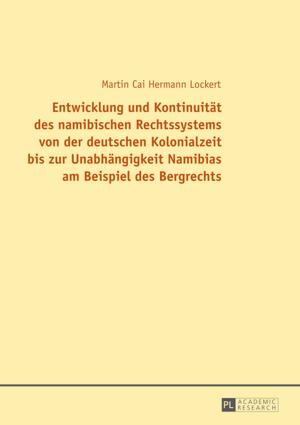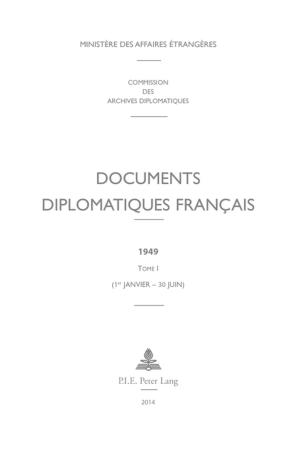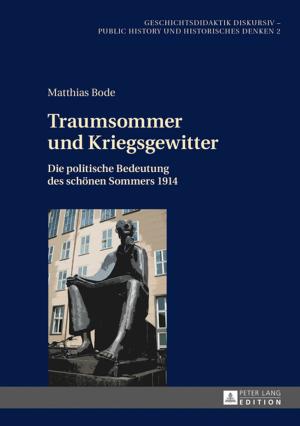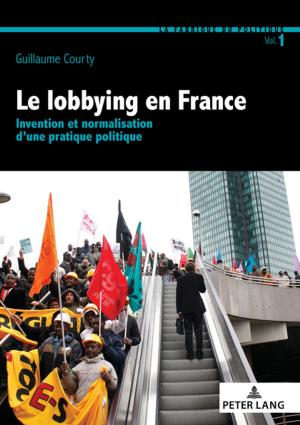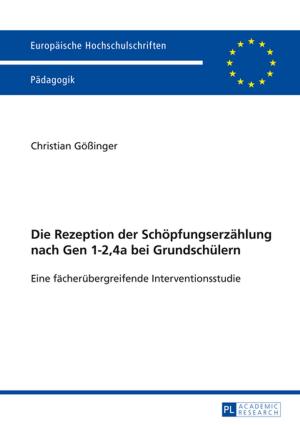When Cultural Policies Change
Comparing Mexico and Argentina
Nonfiction, Social & Cultural Studies, Political Science, Government, Social Policy, Politics, History & Theory| Author: | Elodie Bordat-Chauvin | ISBN: | 9783035297713 |
| Publisher: | Peter Lang | Publication: | December 29, 2015 |
| Imprint: | Peter Lang AG, Internationaler Verlag der Wissenschaften | Language: | English |
| Author: | Elodie Bordat-Chauvin |
| ISBN: | 9783035297713 |
| Publisher: | Peter Lang |
| Publication: | December 29, 2015 |
| Imprint: | Peter Lang AG, Internationaler Verlag der Wissenschaften |
| Language: | English |
How can change in cultural Policy be explained? Through a comparative and historical analysis, this research sheds new light on the emergence, institutionalization and transformation of the cultural policies of two major Latin American countries: Mexico and Argentina.
Elodie Bordat-Chauvin’s investigation is based on the material gathered in ethnographic fieldwork conducted between 2008 and 2010. It gathers observations, unique archive material and more than ninety semi-directive interviews with the majority of Secretaries of Culture in office between 1983 and 2010, several intellectuals, interest groups leaders, cultural managers and members of unions who all played a role in these countries’ cultural policies in the last thirty years.
This work challenges the common assertions that Mexican cultural policy is characterized by inertia and Argentinean cultural policy by instability. It analyses factors of changes – such as the neo-liberal turn, transnationalization, decentralization and politico-institutional changes – and their consequences – including reductions in cultural budgets, transformations in cultural industries and modifications in the balance of power between national, subnational, public and private actors.
How can change in cultural Policy be explained? Through a comparative and historical analysis, this research sheds new light on the emergence, institutionalization and transformation of the cultural policies of two major Latin American countries: Mexico and Argentina.
Elodie Bordat-Chauvin’s investigation is based on the material gathered in ethnographic fieldwork conducted between 2008 and 2010. It gathers observations, unique archive material and more than ninety semi-directive interviews with the majority of Secretaries of Culture in office between 1983 and 2010, several intellectuals, interest groups leaders, cultural managers and members of unions who all played a role in these countries’ cultural policies in the last thirty years.
This work challenges the common assertions that Mexican cultural policy is characterized by inertia and Argentinean cultural policy by instability. It analyses factors of changes – such as the neo-liberal turn, transnationalization, decentralization and politico-institutional changes – and their consequences – including reductions in cultural budgets, transformations in cultural industries and modifications in the balance of power between national, subnational, public and private actors.

